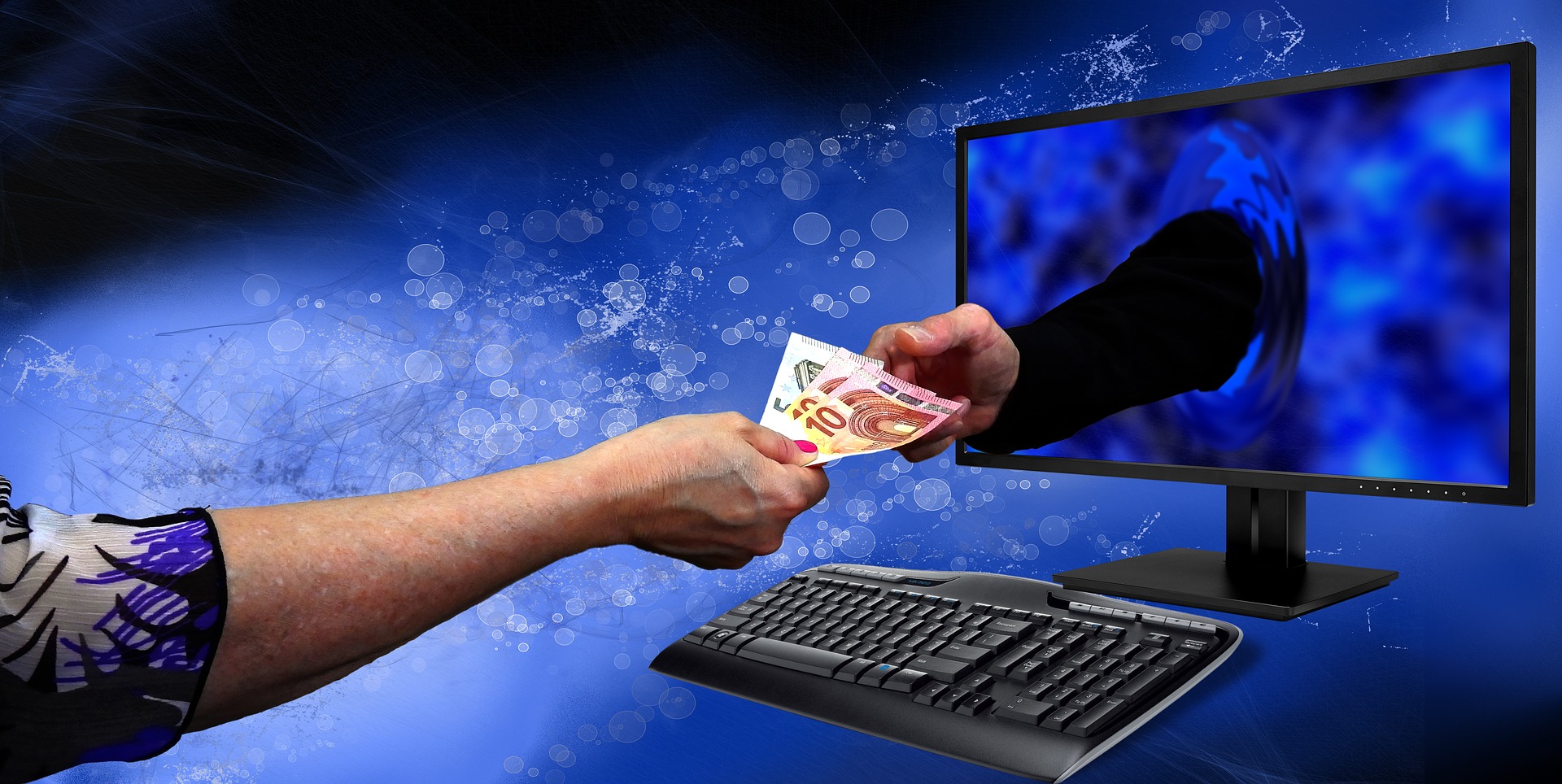
February 9th, 2022 by Admin
John Stewart
January 17, 2022
https://www.digitaltransactions.net/trends-like-open-banking-and-bnpl-will-sustain-e-commerces-hot-streak-a-report-says/
Open banking, single-click checkout wallets, and the hot buy now, pay later trend will all help drive e-commerce volume worldwide in the coming five years, predicts Juniper Research in a report released Monday. This momentum is likely to push online sales long after the short-term impetus from the pandemic subsides, Juniper says.
E-commerce volume totaled $4.9 trillion globally in 2021, a figure the United Kingdom-based research firm forecasts will reach $7.5 trillion in 2026, when China will control a 37% share. Wider availability of multiple e-commerce channels, including mobile devices, will propel the overall growth worldwide, Juniper says. But along with the boom in e-commerce will come a corresponding growth in fraud via identity theft, account takeovers, and fraudulent chargebacks, the report warns. China, for example, will account for more than 40% of fraud losses worldwide in 2025, at more than $12 billion, Juniper forecasts.
Open banking is a trend by which fintechs can verify balances in consumers’ accounts and transfer funds to pay for online purchases. As standards bodies work to promulgate standards for this business, e-commerce payment providers “should … partner with specialists in … specific emerging payment areas to keep pace with changing merchant expectations around acceptance types,” the research firm says in its release, referring to digital wallets and crypto as well as open banking.
Open banking has taken on a higher profile in the global payments market with efforts by both of the global card networks to acquire firms that specialize in this area. Visa Inc. has acquired Tink AB, while Mastercard Inc. bought Aiia and Finicity Corp.
Physical goods will continue to dominate e-commerce spending, the report says, accounting for 82% of payment value by 2026. To tap into the trend, Juniper advises, payments providers should support buy now, pay later plans, which allow consumers to split purchases into four equal installments paid over a six-week period at no interest. BNPL is becoming more controversial, however, as the Consumer Financial Protection Bureau has launched an investigation of the option and as reports emerge that consumers with multiple accounts are more likely to miss a payment.
While still a big trend, e-commerce sales in the U.S. market cooled significantly last year as the pandemic effect lost some of its force. Third-quarter sales in 2021 reached $214.6 billion, up 6.6% year-over-year, according to the Census Bureau, which tracks retail sales. That follows an 8.9% rise in the second quarter and three straight quarters with increases of 32% or more. Fourth-quarter 2021 results are not yet available.
Posted in Credit card Processing, Credit Card Reader Terminal, Credit Card Security, Digital Wallet Privacy, e-commerce & m-commerce, Financial Services, Mail Order Telephone Order, Merchant Account Services News Articles, Merchant Services Account, Mobile Payments, Mobile Point of Sale, Point of Sale, Small Business Improvement, Smartphone, Uncategorized, Visa MasterCard American Express Tagged with: banking and e-commerce, e-commerce, e-commerce businesses, e-commerce merchants, e-commerce processor, e-commerce transactions, ecommerce, ecommerce merchant, ecommerce merchants, ecommerce sites, mobile commerce payment, mobile payment, Mobile Payments, mobile processing transactions, mobile transactions, mobile wallet, mobile wallet transactions, mobile wallets, mobile-commerce payments, online transactions, point-of-sale transactions, transaction processing, transactions, wallet
June 17th, 2014 by Elma Jane
BioCatch, an Israeli startup that uses behavioural biometrics to authenticate visitors to banking and e-commerce sites, has raised $10 million in a funding round. BioCatch aims to eliminate passwords and authentication dongles for online banking and shopping, replacing them with a system that recognizes users by how they physically use their computer or tablet. The firm’s technology collects and analyses over 400 bio-behavioral, cognitive and physiological parameters based on how people type and move a cursor around to create unique profiles for visitors to sites.
In addition, the system creates invisible challenges for visitors to sites. For example, when a user moves the cursor towards a button, they are deliberately knocked slightly off course and subconsciously have to correct in what the company says is a way unique to them. This, argues BioCatch, is more secure than traditional authentication methods, demonstrating an 80% reduction in false positives for detecting the same amount of fraud. It also significantly reduces friction for the customer because the system automatically kicks in when they visit a site using the technology. BioCatch says that it has signed up several unnamed banks and e-commerce sites, and that it will use the new funding to push on in North American and Europe as well as to expand R&D efforts. Funding will also allow to continue strengthening BioCatch offering and expand global reach in strategic markets, while keeping the world’s largest and most influential institutions safe and secure.
Posted in Best Practices for Merchants, e-commerce & m-commerce Tagged with: banking, banking and e-commerce, behavioural biometrics, BioCatch, biometrics, computer, e-commerce, funding, online banking, R&D, tablet

